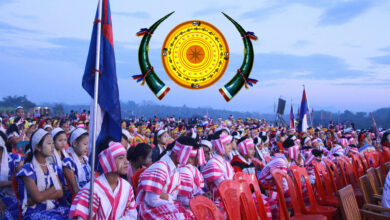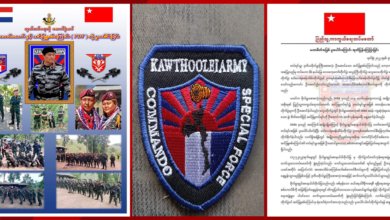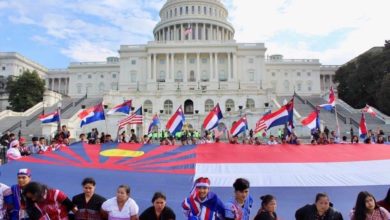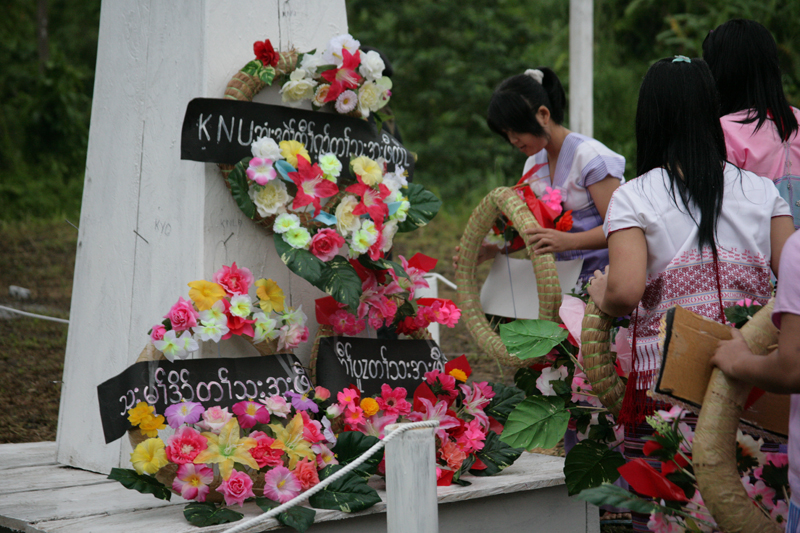The Karen People Deserve Better
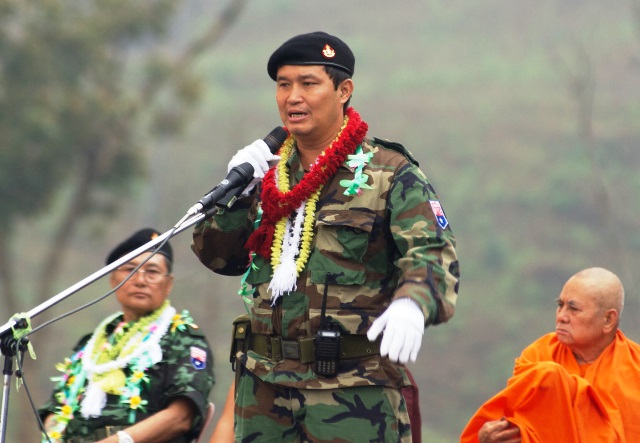
January 2014 marks two years since the Karen National Union signed a temporary ceasefire agreement with Burma’s military, controlled government, and it is time now to reflect on what this agreement has so far achieved in real terms for the Karen people.
On the positive side our people can now travel more freely because the fighting has stopped. This means farmers can work their fields with less fear of the Burma Army attacking. Trade is taking place. People can visit each other and even different organizations can now meet.
But all this has come at a price the Karen people will have to pay.
The Thein Sein government has taken advantage of the last two years of peace to grant foreign investors the rights to exploit Karen soil by installing mines and other production facilities. This has caused large scale land grabbing and as a result Karen people lost their land and being displaced.
Karen people who are victims of land grabs and displacement are not offered adequate compensation for their losses and nor do they have the financial means to start a new life.
It is hard to swallow how the Thein Sein government speaks about peace while at the same time acting as pirates, plundering our people’s land and robbing them of their livelihoods.
The other big price the Karen people have had to pay, is watching the Burma Army consolidating and reinforcing its military positions outside their villages – the Burma Army is currently upgrading its camps, to modern concrete facilities. This is not an act of peace, nor does it build trust.
The Burma Army’s continued presence intimidates local people, this is not a surprise, after more than 60 years of oppression, 140,000 Karen refugees driven across the border and as many as 500, 000 displaced people in eastern Burma.
Our KNU leaders have meet with the Thein Sein government on several occasions since the temporary ceasefire was signed in 2012. Despite our leaders working hard to get some mutual understandings – the process has been painfully slow.
Our leaders have consistently requested a code-of-conduct be agreed to and put in place, but have been repeatedly told that the Burma Army is not yet ready.
Our leaders have raised political questions about the creation of a Federation and many general questions on democratic issues.
The Thein Sein government does not want to answer these questions and continue to fob of the KNU requests with, ‘address them to the parliament’.
The lack of response and enthusiasm from the government to issues that are important to the Karen people makes us wonder if our leaders are being treated fairly by the government – or if the government is just playing ‘dirty politics’ with the KNU.
Why is the government dragging its heels over the peace-talks? It has to be assumed the government already has got what it wants: 1. We stopped fighting them, 2. They now have unlimited access to exploit our natural resources and 3. They still regard us the KNU an inferior organization and the Karen people as their ‘ethnics’ – it is obvious that the government doesn’t think it needs to negotiate these issues with us.
It is made crystal clear when I go around and speak to Karen villagers that the time is running out for their understanding of what the peace talks are achieving.
People constantly ask me, “What does a temporary ceasefire actually mean? Is there suppose to be a time limit to something temporary?” And people ask, “Is it the government’s idea that Karen people shall work for the new industries on the land stolen from us as their cheap labor?”
And the most important question I hear from the Karen people is, “Why doesn’t anyone ask us what we want “?
It is vital that our leaders give the Karen people the opportunity to be involved in the peace process and the best way to achieve this is to create an open debate among our people to discuss the problems our leaders are being challenged with when negotiating with the Burma government.
At these public meetings it should be discussed what we as Karen people actually want for the future rather than what we don’t want.
We should be specific when we talk about a federation, what kind of federation are we going for? There are many examples of different types of federations throughout the world?
It is evident that many Karen people do not have a clear picture of what a federation means – widespread debate and education is needed for our people to clearly understand the issues.
It is important to include all Karen people in this public forum so we can form a true unity to enable us to decide on the future that we want.
It is time to involve the Karen people in the debate about our future – this cannot be delayed any longer.
If we don not get this process on track, I’m afraid the conflict will not be over.
The Karen people did not fight for 65 years, just to end up as cheap labor working for government and foreign economic developments that are no real benefit to them.
If the future shows us that economical imperialism is all we have got after so many years of struggle – then there is no other alternative, but for Karen to continue its fight for freedom.
*General Ner Dah Mya is the head of the Karen National Defence Organization and the son of the late General Bo Mya, who founded the Karen national Liberation Army and was its commander in-chief until 2000.

